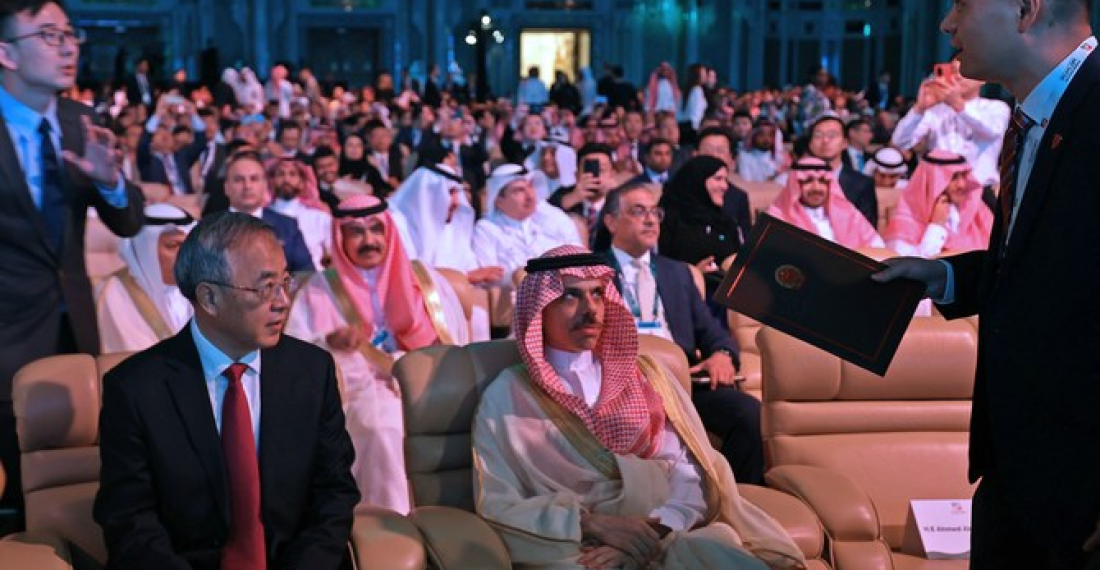Arab League Countries and China have signed some 30 deals that total $10bn. This came on the first day of the 10th Arab-China Business Conference taking place in the Saudi capital Riyadh, on 11-12 June.
The 30 investment agreements cover a wide range of areas, including technology, renewables, agriculture, real estate, minerals, supply chains, tourism, and healthcare. According to the Saudi Investment Ministry, the Saudi government also signed deals with a number of Chinese entities in areas such as automotive research, development, manufacturing and sales, development of tourism and other apps, and production of rail wagons and wheels in Saudi Arabia.
The biggest deal reached totalled $5.6bn, and was struck between Saudi Arabia's Investment Ministry and Human Horizons, a Chinese developer of autonomous driving technologies and manufacturer of electric cars.
Saudi Arabia and Hong Kong-based Android developer Hibobi Technology Ltd signed a $266 million deal to develop tourism and other apps, while a $250 million deal facilitated by the Saudi Investment Ministry between the Saudi railway company SABATCO and Chinese state-owned and publicly traded rolling stock manufacturer CRRC was also struck to manufacture rail wagons and wheels in Saudi Arabia.
Several other smaller business-to-business deals were also struck at the event which began on Sunday (11 June) and will continue today (12 June).
Collaboration over competition
Speaking at the event, Saudi Energy Minister Prince Abdulaziz bin Salman said: "I would not be surprised if you will hear more announcements soon on Saudi-Chinese investment," reported Arab News, adding that Riyadh seeks collaboration rather than competition with China.
The volume of trade between Saudi Arabia and China hit $106 billion in 2022, registering a 30% increase over 2021, and Saudi Arabia itself represents 25% of the $432 billion trade between China and Arab countries in 2022.







